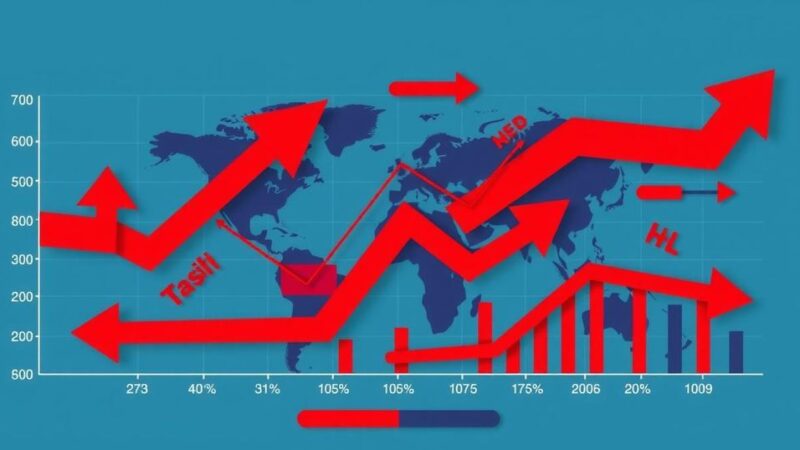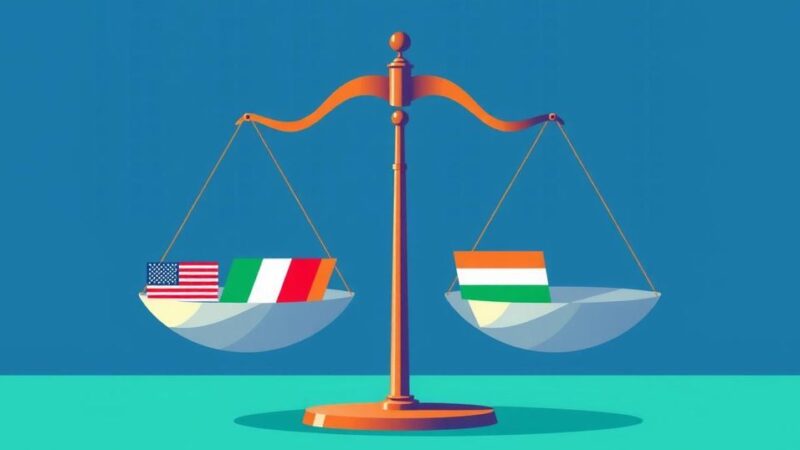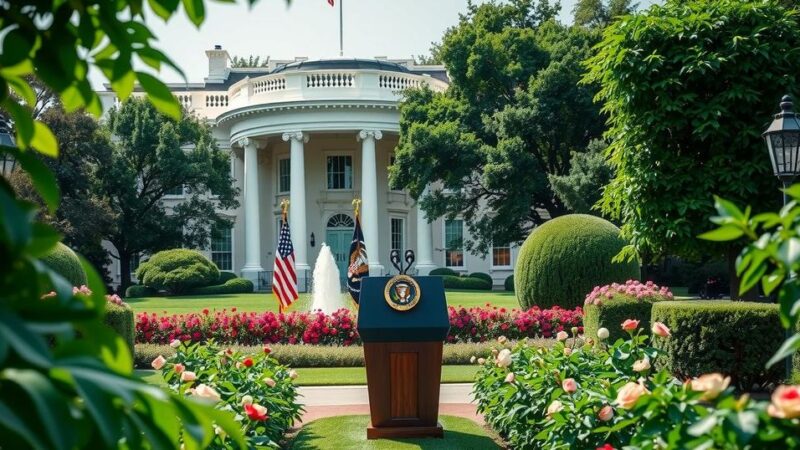Egypt has introduced a $4 billion social support package to aid vulnerable households facing rising living costs ahead of Ramadan. Key measures include a 16% increase in the minimum wage, enhanced pension payouts, and greater financial support for low-income families. Additionally, ration card-holders will receive extra payments during Ramadan, while the government establishes an economic empowerment fund and increases support for farmers.
On Wednesday, Egypt announced a substantial social support package totaling EGP 200 billion (approximately $4 billion) aimed at assisting vulnerable households amid soaring living costs as the holy month of Ramadan approaches. This initiative includes a hike in the minimum wage for public-sector employees, increased financial aid for underprivileged families, and enhanced pension benefits for citizens in need.
The government’s announcement follows Prime Minister Mostafa Madbouly’s recent commitment to offer additional financial assistance during Ramadan. Egyptians have faced prolonged financial challenges leading to soaring inflation rates and rising prices for essential goods, prompting hopes that recent agreements with the International Monetary Fund (IMF) will provide much-needed economic stabilization.
As part of the newly announced measures, the minimum wage for public-sector workers and civil servants will increase by 16 percent to EGP 7,000 (roughly $138). Additionally, pension payouts will rise by 15 percent, while financial aid for recipients of the Takaful and Karama programs, which cater to vulnerable households, will see an increment of 25 percent.
During Ramadan, ration card-holders will benefit from extra assistance, receiving two payments to coincide with the holy month and Eid Al-Fitr. These payments will vary based on family size, amounting to EGP 125 ($2.50) or EGP 250 ($5). Furthermore, the government plans to allocate EGP 10 billion to establish a new economic empowerment fund and provide an additional EGP 6 billion (approximately $118.5 million) in support for farmers.
Egypt’s economic difficulties intensified in 2022 due to Russia’s Ukraine invasion, leading to significant disruptions in grain supplies and an escalation in energy costs. As a result, the Egyptian pound has experienced a nearly 70 percent depreciation against the dollar, deepening poverty for millions of citizens. The government has resorted to an $8 billion emergency IMF loan and divesting national assets to remedy a critical foreign currency shortage.
In conclusion, the recently announced EGP 200 billion support package by the Egyptian government aims to alleviate the financial burdens of vulnerable households as Ramadan approaches. Key measures include wage increases, pension enhancements, and additional financial aid for low-income families. These efforts reflect the government’s responsiveness to the ongoing economic crisis experienced by many citizens amidst rampant inflation and currency devaluation.
Original Source: www.newarab.com






